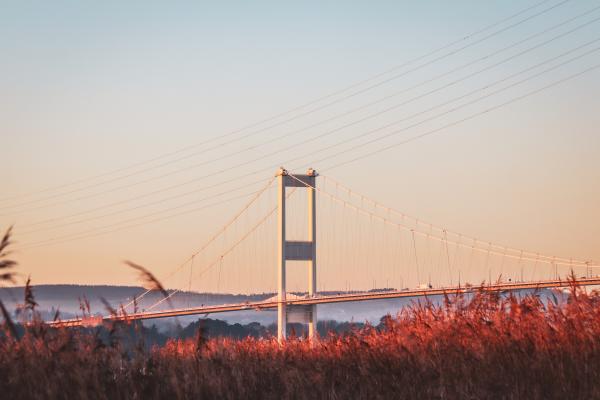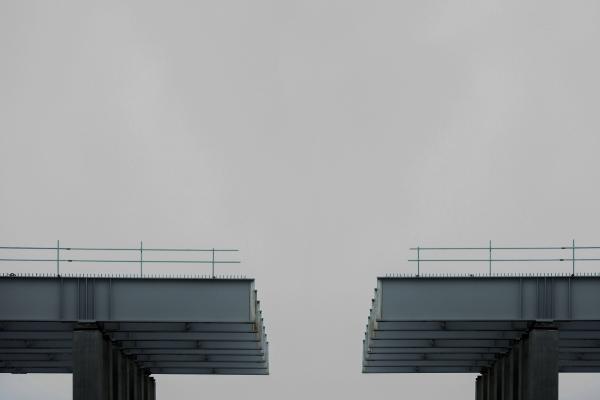Adapting to change
The Choluteca Bridge was built by a Japanese construction company to span the Choluteca river and link two vibrant part of Honduras. It was opened in 1998. What happened next was Hurricane Mitch which caused major devastation across Honduras and killed 7,000 people. While the Choluteca Bridge survived the hurricane, the river found a new channel to pursue which made the bridge redundant – now it’s a bridge to nowhere.
The lesson from the situation is that while we can’t predict disasters we should be prepared to think about possibilities – especially in a region prone to hurricanes when a river could change course or an area become flooded. The Choluteca Bridge may have appeared to be the best solution on site at the time and robust enough to survive a hurricane but the designers didn’t think that the circumstances could change and the need literally wash away.
A similar situation faces us now with the Covid-19 pandemic. While predicted by some, the idea that a global disease would furlough many established jobs and threaten a large part of the service sector in large cities was not on most people’s radar. While the lesson here is painful as that in Honduras, we must be prepared to adapt when the facts on the ground change. Even though the desire may be to return to the old normal as quickly as possible then the new normal demands a transformation and some serious re-engineering.
A current example is the government’s understandable desire to get people back to work in order to save support services as part of the broader economy. However, the situation has fundamentally changed which may make these efforts less effective than intended: many people have got used to working productively from home, a second spike in the pandemic is expected as winter approaches, confidence and trust in government messaging has been eroded with mis-steps, and companies now see cost savings by reducing office space. Even if a vaccine if found, it is unlikely that we will return to anywhere near the same commuting patterns of old.
Hence, we need to adapt with fresh patterns or work if we are to survive and thrive. New business models need to be designed and adopted for both large and small organisations, skills education and training need to be refocused and grasped especially with a green economy in mind, support for new enterprises needs to be encouraged and facilitated.
The resilience of the internet during the pandemic will help all these activities. The reverse of that coin is that placing increasing reliance on the internet to deliver services can reduce the very broader resilience that we wish to inspire. The Carrington Event is perhaps another potential Choluteca Bridge incident to consider in this regard.



